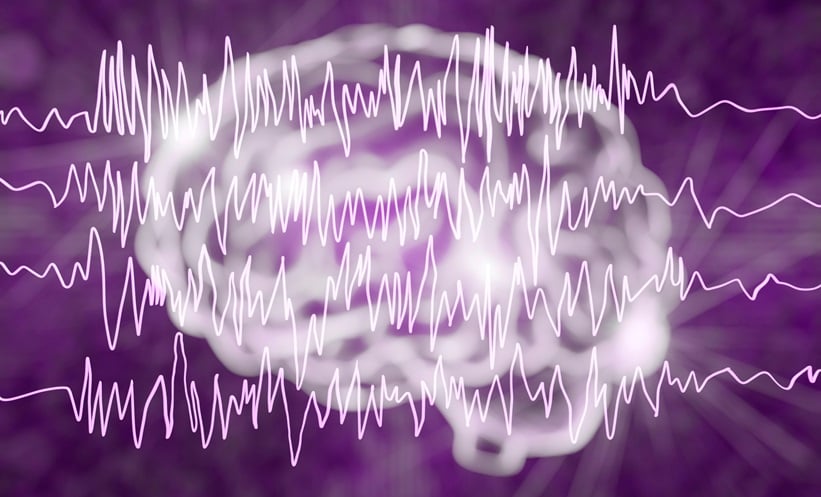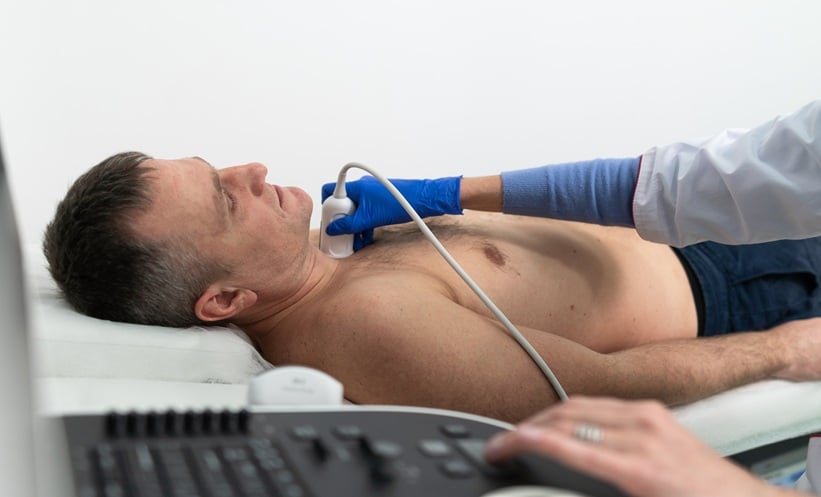BREATHING interruptions following seizures have been identified as a potential risk factor for sudden unexpected death in epilepsy (SUDEP), according to a major international study. The research, involving over 2,400 patients, suggests peri-ictal apnoea could form a measurable marker to assess mortality risk.
SUDEP is the leading cause of epilepsy-related mortality, but its mechanisms have remained poorly understood. Although nocturnal convulsive seizures, long-standing epilepsy, and solitary living had previously been linked to risk, reliable biomarkers were lacking. Researchers from UTHealth Houston, working with eight US centres and one UK site, set out to identify clinical and physiological predictors that could help stratify patients most at risk.
The study followed 2,468 children and adults with epilepsy across a 10-year period from September 2011 to December 2021, during which participants underwent prolonged electroencephalographic and cardiorespiratory monitoring. Of the cohort, 38 individuals died from SUDEP, and two experienced near-SUDEP events, equating to an incidence rate of 4.76 cases per 1,000 person-years. Key risk factors included breathing interruptions during or after seizures, with hazard ratios of 1.11 for longer ictal central apnoea and 1.32 for longer postictal apnoea. Additional predictors were three or more generalised convulsive seizures in the past year (hazard ratio 3.1) and living alone (hazard ratio 7.62).
These findings mark a critical step towards developing a validated SUDEP risk index that could guide clinical monitoring and personalised interventions. For practice, they highlight the importance of systematic assessment of breathing during seizures as part of routine epilepsy care. With the introduction of continuous cardiorespiratory monitoring, clinicians may one day be able to intervene during seizure-related apnoea episodes, reducing mortality risk.
Reference
Ochoa-Urrea M et al. Risk markers for sudden unexpected death in epilepsy: an observational, prospective, multicentre cohort study. The Lancet. 2025;DOI:10.1016/s0140-6736(25)01636-8.








